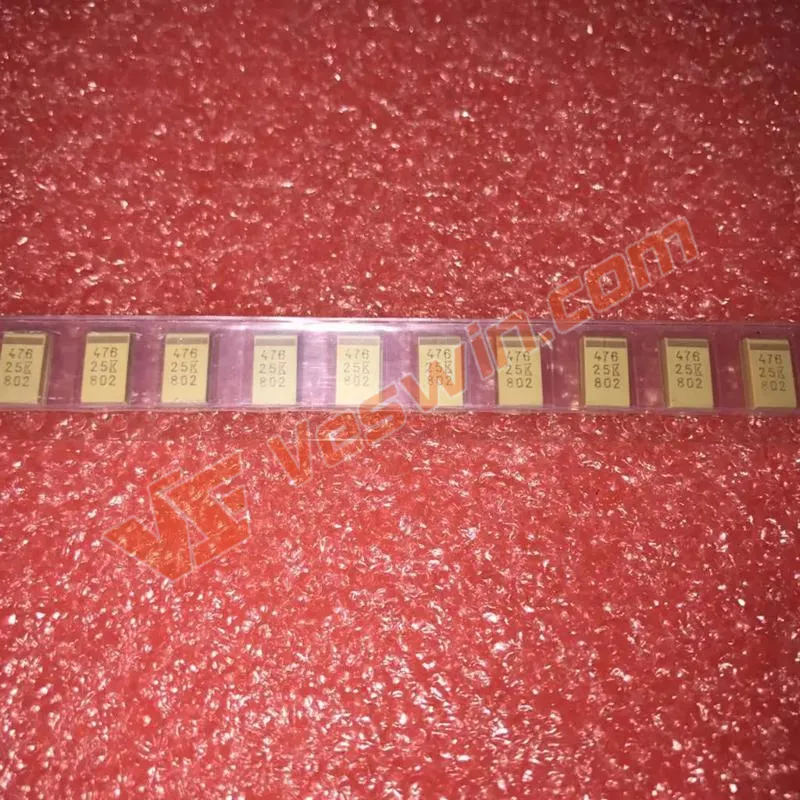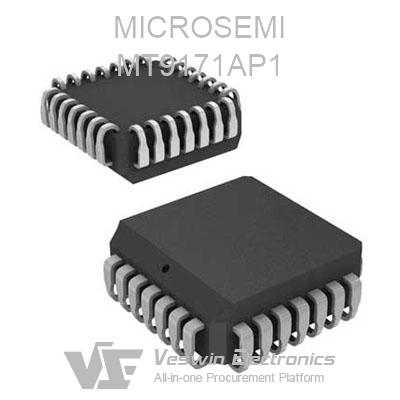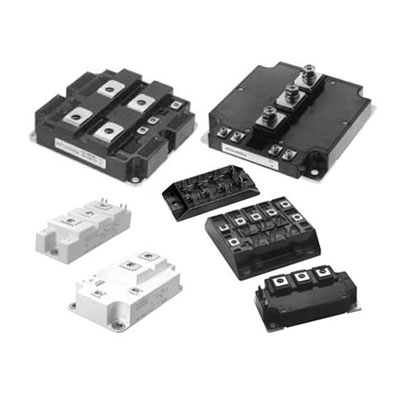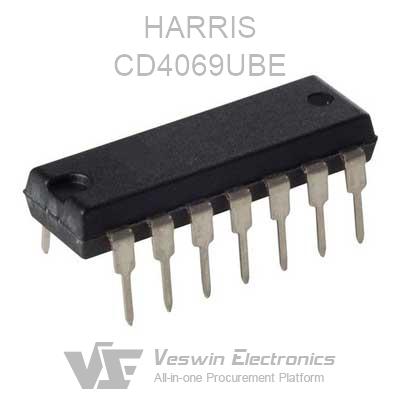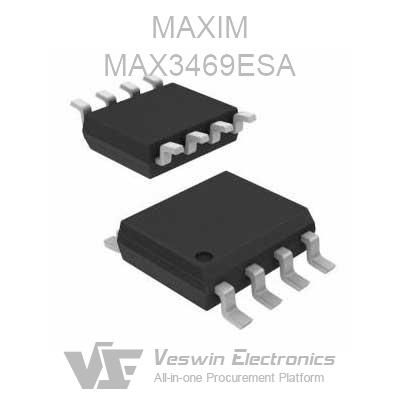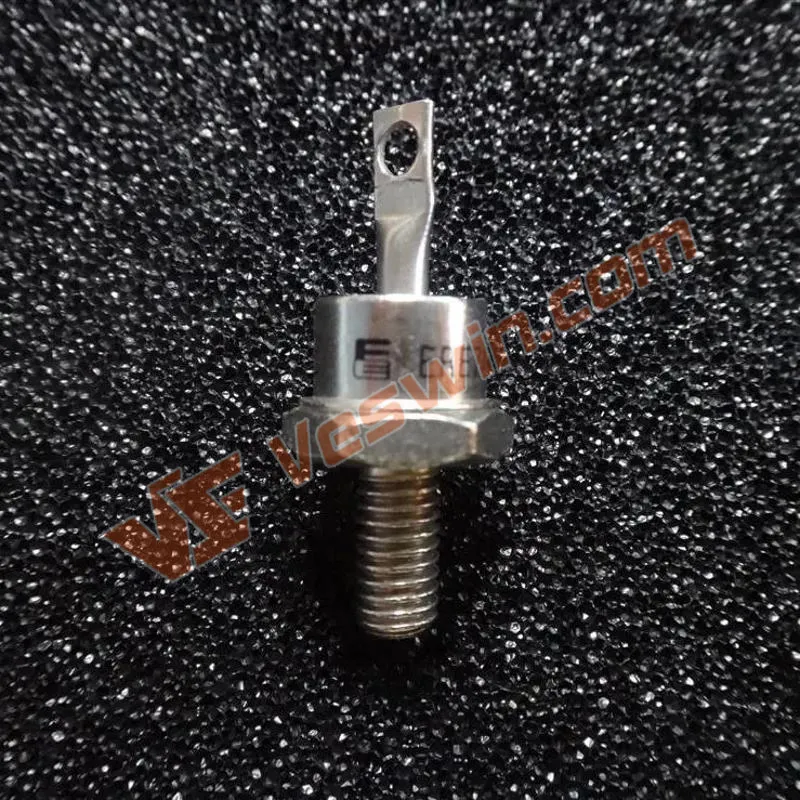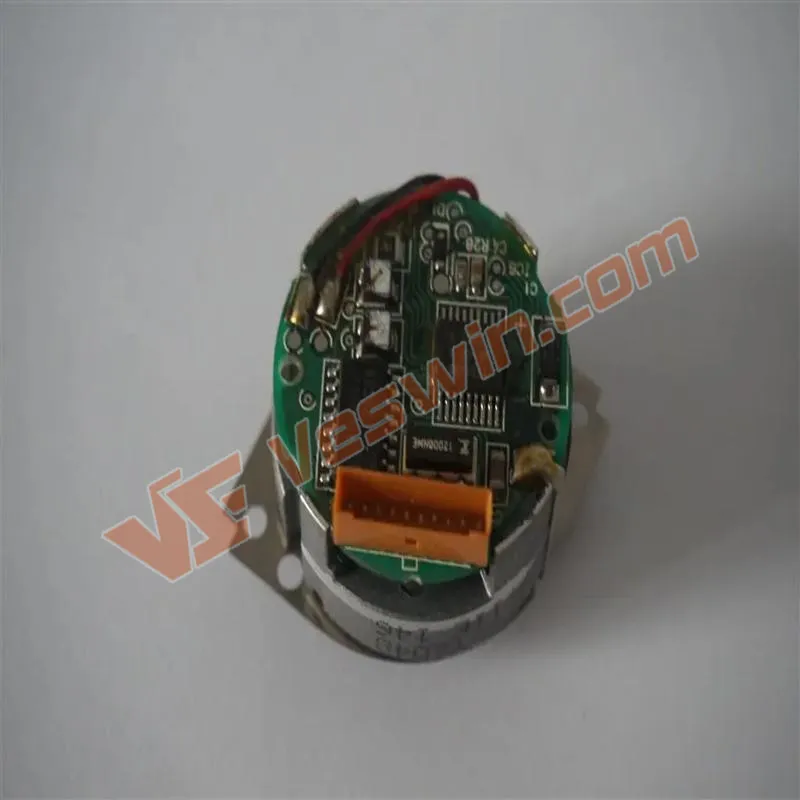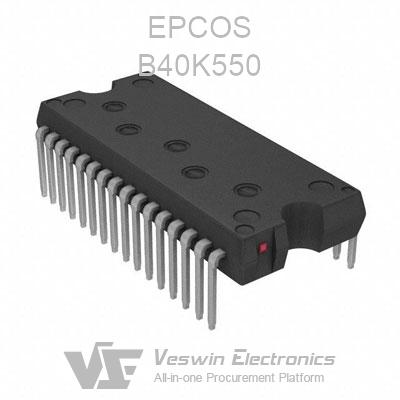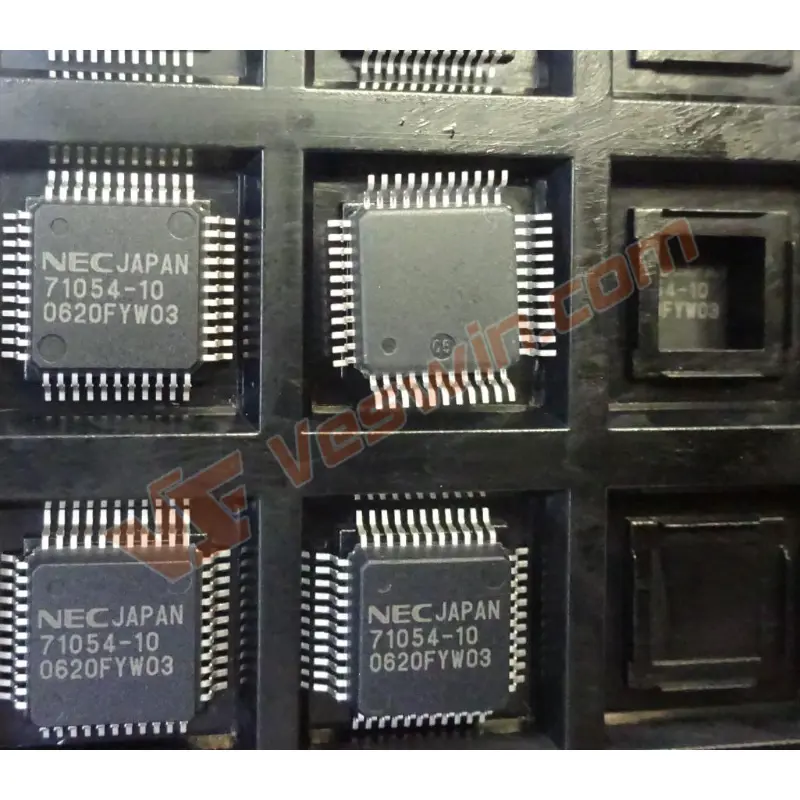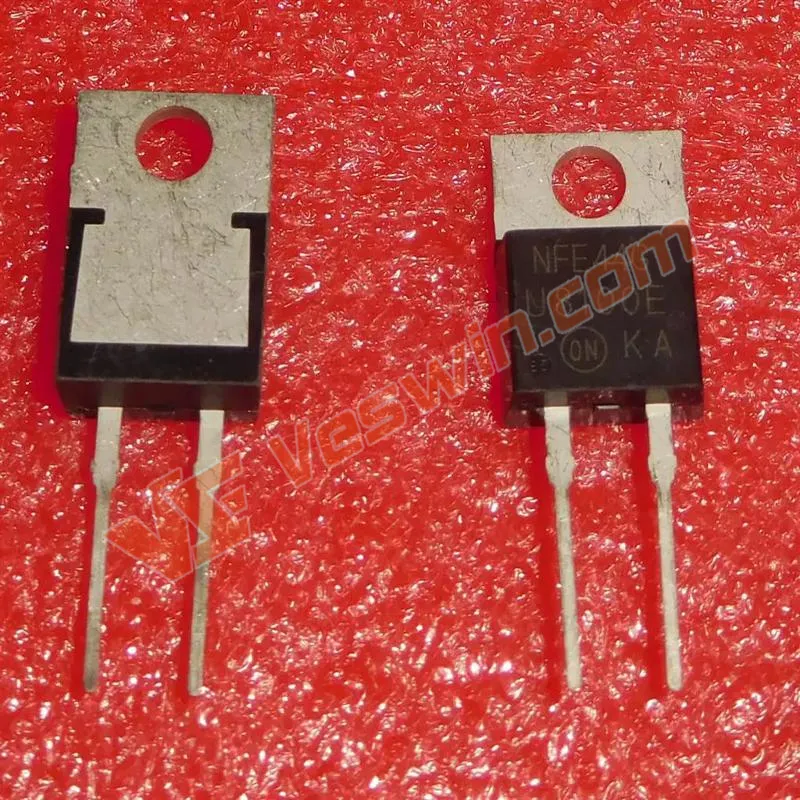NXP Semiconductors is a global semiconductor manufacturer headquartered in Eindhoven, Netherlands. The company designs and produces a wide range of semiconductors and system solutions for a variety of industries, including automotive, industrial, communication infrastructure, and consumer electronics. NXP is known for its expertise in secure connectivity solutions and technologies. Some of its key product offerings include microcontrollers, microprocessors, secure identification solutions, and various semiconductor-based solutions.
NXP's products are widely used in applications such as automotive electronics, industrial automation, mobile devices, and secure identification systems. The company's offerings often incorporate advanced security features to address the growing concerns about data security and privacy. NXP also provides comprehensive software and development tools to support its customers in designing and implementing solutions using their semiconductor products. They have a significant presence in the market for automotive electronics, with products that support various automotive applications, including advanced driver-assistance systems (ADAS) and in-vehicle networking.
NXP has established itself as a prominent player in the semiconductor industry, particularly in the fields of secure connectivity, embedded processing, and secure interface and infrastructure. Its products and solutions are known for their high performance, reliability, and security features, making them a preferred choice for customers across a range of industries.
NXP Semiconductors is known for its comprehensive range of microprocessors and microcontrollers designed for various applications. The features of NXP microprocessors and microcontrollers typically include:
High Performance: NXP's processors often offer high-performance computing capabilities, making them suitable for applications that require significant processing power.
Low Power Consumption: Many NXP microprocessors and microcontrollers are designed to be energy-efficient, making them suitable for applications where power consumption is a critical consideration, such as in portable devices and IoT applications.
Security Features: NXP places a strong emphasis on security, and its processors often come equipped with various hardware security features, including encryption, secure boot, and secure debug, to protect against threats such as tampering and data breaches.
Connectivity Options: NXP's products often include various connectivity options such as Wi-Fi, Bluetooth, Ethernet, and NFC, enabling seamless integration into various networked and IoT applications.
Robustness and Reliability: NXP microprocessors and microcontrollers are designed to be robust and reliable, able to withstand harsh operating conditions, making them suitable for use in industrial, automotive, and other demanding environments.
Versatility and Flexibility: NXP offers a diverse range of products with varying levels of complexity and functionality, providing customers with a choice that can be tailored to specific application requirements.
Integrated Peripherals: NXP's devices often come with integrated peripherals, such as analog-to-digital converters (ADCs), digital-to-analog converters (DACs), timers, and communication interfaces, which streamline the development process and reduce the need for additional external components.
Comprehensive Development Tools and Ecosystem: NXP provides a comprehensive set of development tools, software, and support to help developers streamline the design, development, and deployment of their applications using NXP microprocessors and microcontrollers.
NXP Semiconductors offers a diverse range of microprocessors and microcontrollers tailored for various applications, including industrial, automotive, consumer electronics, and the Internet of Things (IoT). Some of the key types of NXP microprocessors and microcontrollers are as follows:
i.MX Series: NXP's i.MX series is a family of application processors designed for multimedia and display applications in various consumer electronics devices, automotive infotainment systems, and industrial applications. These processors are known for their high performance, low power consumption, and advanced multimedia capabilities.
QorIQ Series: The QorIQ series consists of multicore processors that are well-suited for networking, industrial, and aerospace applications. These processors are designed to deliver high performance and scalability for networking equipment, such as switches, routers, and industrial control systems.
LPC Series: The LPC series is a family of low-power microcontrollers targeted at various embedded applications, including industrial automation, consumer electronics, and IoT devices. These microcontrollers are known for their energy efficiency and versatility, making them suitable for applications that require low power consumption and real-time processing capabilities.
Kinetis Series: The Kinetis series is a range of microcontrollers designed for applications that demand high processing power and advanced connectivity features. These microcontrollers are commonly used in automotive, industrial, and consumer electronics applications, offering a balance of performance, efficiency, and connectivity options.
S32 Series: The S32 series includes a range of microcontrollers designed specifically for automotive applications, offering advanced features such as functional safety, security, and real-time performance. These microcontrollers are suitable for a wide range of automotive applications, including advanced driver-assistance systems (ADAS), automotive gateways, and vehicle electrification.
NXP's comprehensive portfolio of microprocessors and microcontrollers caters to the diverse needs of various industries and applications, offering a combination of performance, power efficiency, connectivity, and security features. These products are designed to enable the development of innovative and reliable solutions for the rapidly evolving technological landscape.
Models you may be interested in:SPC5643LF2MLQ1 MPC8315CVRAFDA S9S12GN48F0CLH MC9S12XEG128MAL
NXP microprocessors and microcontrollers are utilized in a wide range of applications across various industries, including automotive, industrial, consumer electronics, and Internet of Things (IoT). Some specific use cases for NXP microprocessors and microcontrollers include:
Automotive Applications: NXP's products are extensively used in automotive applications, such as advanced driver-assistance systems (ADAS), in-vehicle networking, infotainment systems, and powertrain control. The company's microcontrollers and processors cater to the increasing demand for connectivity, security, and performance in modern vehicles.
Industrial Applications: NXP's microcontrollers and processors are employed in various industrial automation applications, including factory automation, robotics, and control systems. These products offer robust performance, real-time processing capabilities, and connectivity options that are essential for industrial environments.
Consumer Electronics: NXP's microprocessors and microcontrollers find applications in a variety of consumer electronics products, including smartphones, tablets, smart home devices, and audio-visual equipment. These products are known for their multimedia capabilities, energy efficiency, and high-performance computing, which are crucial for enhancing user experiences.
Internet of Things (IoT): NXP provides microcontrollers and processors tailored for IoT applications, enabling the development of smart and connected devices. These devices include smart home appliances, wearable devices, and various sensors that require low power consumption, security features, and connectivity options for seamless integration into IoT ecosystems.
Communication Infrastructure: NXP's solutions are utilized in communication infrastructure applications, such as networking equipment, base stations, and data centers. These products offer high-speed connectivity, security features, and processing capabilities necessary for managing the increasing volume of data in modern communication networks.
By providing a diverse range of microprocessors and microcontrollers, NXP caters to the evolving needs of industries that rely on advanced, reliable, and secure semiconductor solutions. NXP's products are engineered to meet the demanding requirements of modern applications, enabling innovation and technological advancements across various sectors.
NXP Semiconductors and STMicroelectronics (ST) are two prominent semiconductor manufacturers that offer a diverse range of products and solutions. Here are some key differences between the two companies:
Product Focus and Specialization:
NXP is known for its emphasis on secure connectivity solutions, embedded processing, and automotive electronics. Its product portfolio includes microcontrollers, processors, and secure identification solutions with advanced security features.
ST has a broader range of offerings that include microcontrollers, power management solutions, analog components, and MEMS (Micro-Electro-Mechanical Systems) sensors. It focuses on areas such as power management, digital consumer products, and IoT solutions.
Market Emphasis:
NXP has a strong presence in the automotive industry, providing solutions for advanced driver-assistance systems (ADAS), in-vehicle networking, and secure vehicle access. It also caters to industries such as industrial automation, consumer electronics, and secure identification.
ST is known for its expertise in power management solutions, catering to industries such as automotive, industrial, and consumer electronics. It also has a significant focus on digital consumer products, IoT applications, and analog components.
Technological Expertise:
NXP specializes in secure connectivity solutions, offering advanced secure identification solutions and embedded processing with robust security features.
ST's expertise lies in power management, analog applications, and MEMS sensors, which are utilized in various applications, including IoT, automotive, and consumer electronics.
Geographical Presence and Partnerships:
Both companies have a global presence and collaborate with various industry partners. NXP has strong partnerships in the automotive and secure identification sectors.
ST collaborates with partners across diverse sectors, including IoT, power management, and consumer electronics, to develop and integrate their solutions into various applications.
Understanding these differences can help in choosing the appropriate components and solutions based on specific application requirements, industry standards, and technological needs. Both NXP and ST are established companies in the semiconductor industry, each with its own set of strengths and areas of specialization.
Recommended Read:To fully understand microcontrollers, you need to know these things
Hot News
